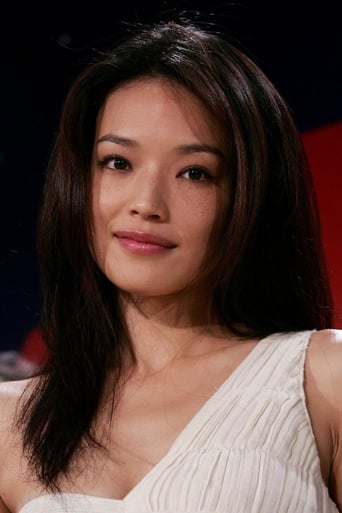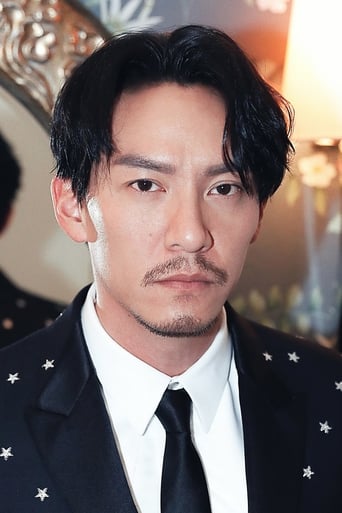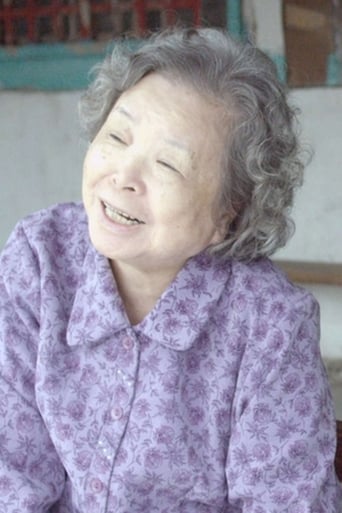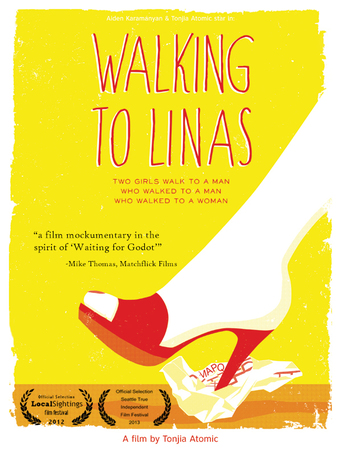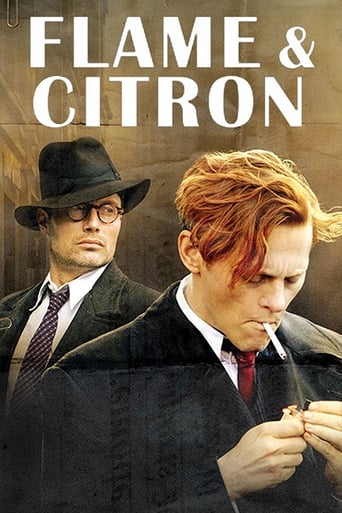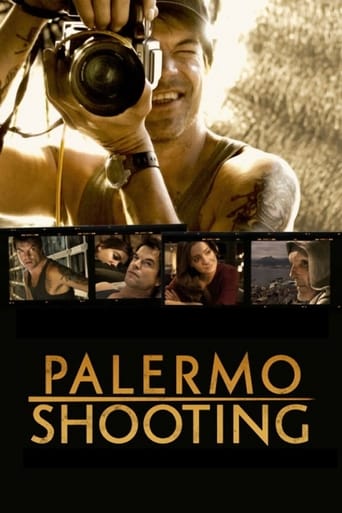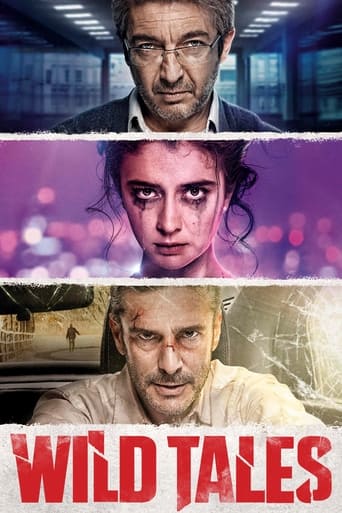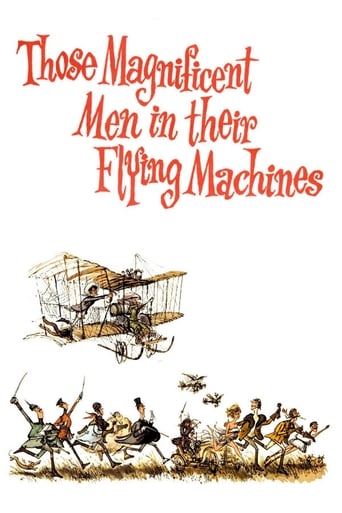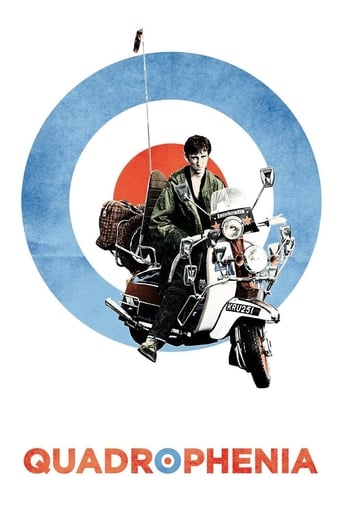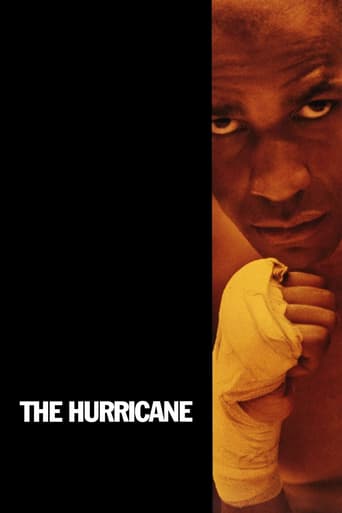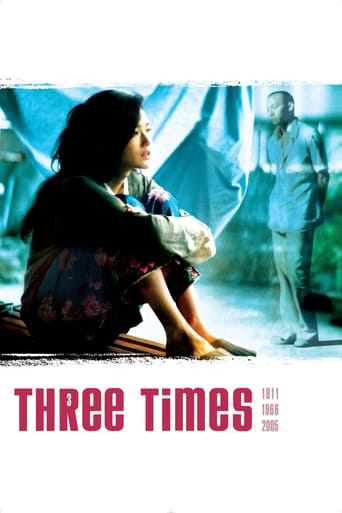
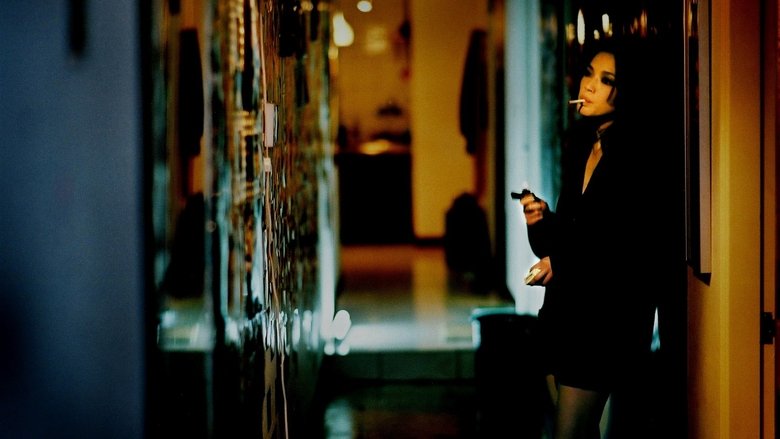
Three Times (2005)
In three separate segments, set respectively in 1966, 1911, and 2005, three love stories unfold between three sets of characters, under three different periods of Taiwanese history and governance.
Watch Trailer
Cast
Similar titles
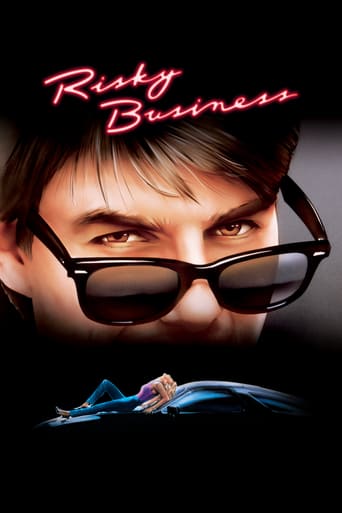
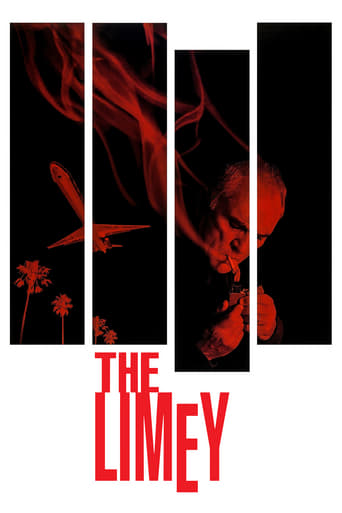
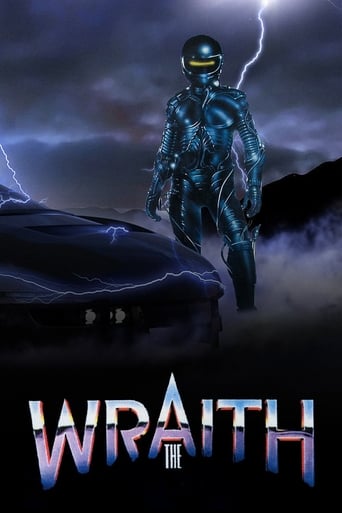
Reviews
The Worst Film Ever
Overrated
It is encouraging that the film ends so strongly.Otherwise, it wouldn't have been a particularly memorable film
Actress is magnificent and exudes a hypnotic screen presence in this affecting drama.
(1) "A Time for Love": In 1966, in Kaohsiung, Chen (Chen Chang) meets May (Qi Shu) playing pool in a bar when he is joining the army. He sends letters to her and he comes to the bar to meet her again in his leave. However, May had traveled to another place and Chen seeks her out. (2) "A Time for Freedom": In 1911, in Dadaochend, the writer Mr. Chang (Chen Chang ) works for Mr. Liang and frequently travels to a brothel, where he meets the singer (Qi Shu). He financially helps the courtesan Ah Mei (Shi-Zheng Chen) to become a concubine. When the singer asks him if he would help her to leave the brothel, there is no answer.(3) "A Time for Youth": In 2005, in Taipei, the messy relationship of the photographer Zhen (Chen Chang), his girlfriend Jing (Qi Shu) and a lesbian singer."Three Times" is a pretentious and overrated film with three (boring) short stories of love and communication. I will not extend any additional comment since there is not much to say. My vote is four.Title (Brazil): Not Available
You need patience to sink yourself into Hou's rhythm. But it is not to say patience alone would enable you to understand him. You need to think, use retrospection, and savor. His film is not constructed like our modern day commercial productions that employ the conceptions so successfully implanted in your brain by the omnipresent pop culture throughout your life that when the buttons are pushed you are instantly and readily joyed, angered, saddened, or cheered.Hou's film is not built on that.The expression is not visually over-charged, nor verbally flowered, nor did he use any clichés, be it western or eastern. The screen speaks beyond itself.It could be said that most western (by "western" I mean culturally European or American in contrast with the "eastern" by which I mean the Chinese or Japanese culture) movies have their meanings put as explicitly as possible, with one of the criteria of success being that the film should say everything that could be said and with nothing left. The audience would only appreciate the things presented and ignore the ideas inexplicit. With quite an opposite of this western technique, Hou expresses himself mostly in an implicit way. The movie itself is not the ultimate product but only the more superficial side of a deeper meaning. It is like painting. In order to describe the wind, a swinging willow has to be drawn. Because the wind is invisible and cannot be captured. It is the same with the technique that works implicitly which Hou uses - he is trying to capture the culture of the society as a whole and the various individual views on love in each of the three historical phases where three love stories took place. He was trying to capture the unspeakable panoramas of the societies with the stories that were each unique to their respective historical context.Hou pieces the three stories together to mark the transition of the Taiwan history and to compare the societies and their impact on individuals. The three couples in each era were all played by Chang Chen and Shu Ki. Thus, the three stories could be seen as three hypotheses of how their love would evolve under the respective influence of each particular historical setting. The lovers are the same, but the times change. Then you could see his evaluations on each era, how he reminisces the halcyon days of the 60s, how he respects and yet condemns the protestant-like days of early 20th century, and how he doubts the present globalization and the emergence of the hybrid culture between the western (chiefly American) and the Chinese.This is simply a masterpiece. I give it a 9 only because I've seen better ones from him and his fellow Taiwanese director Edward Yang. For those of you who enjoy this film, I recommend Hou's A City of Sadness and Yang's A Brighter Summer Day. The latter, in my opinion, is the best Chinese movie ever, and arguably the best movie ever. It used the "implicit technique" to the consummation.
With all the great acclaim this film received, and with none other than Shu Qi starring in it, I was really looking forward to it. Unfortunately, it was a huge disappointment. And I'm someone who liked "Millennium Mambo," another Hou Hsao-Hsien/Shu Qi collaboration.Probably the most generous thing I can say about this movie is that it does not translate well for Western audiences.And since a number of people here are "voting" for which of the three stories worked the best for them, I'd have to go with the 1911 story.Shu Qi is one of the most beautiful women in the world, but even that couldn't make me enjoy how slow and boring this very long film was.
I saw this film first on the big screen, and then from a DVD. As a person in the same age bracket as Hou, and one who is familiar with certain aspects of the Chinese history in the past century and had visited Taiwan on a few occasions, I feel I can relate more to this film than those who do not have my benefits.In particular, I was disappointed when a local Canadian film critic said this film is about the 'reincarnation' of two lovers. But this has nothing to do with reincarnation and how wrong she was! So my point is, viewers without the relevant background, and patience in particular, will find the film far less satisfying then I do. But again, many viewers will share my strong sentiment toward this film even without the knowledge and exposure to the social and chronological back drops of the stories. As well, I rate the satisfaction factors of the three stories in the same order as most viewers, i.e. the first episode is the best of the three, and the last is probably the weakest, perhaps due to the very nature of the plot.Hou is definitely one of the few great directors of our time. As his devoted fan, I hope he will continue to make films of this quality in the years to come. Watching his film makes me feel very under- accomplished. But it is a price I am willing to pay.
